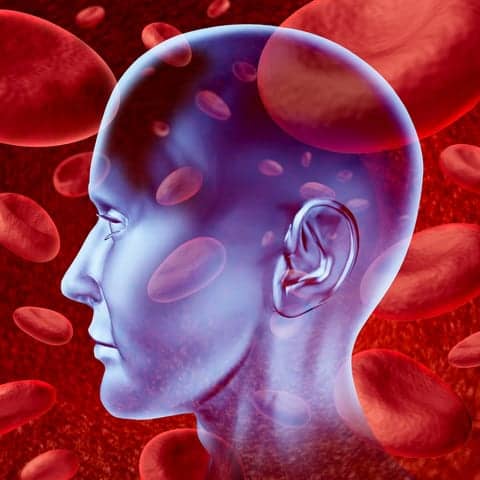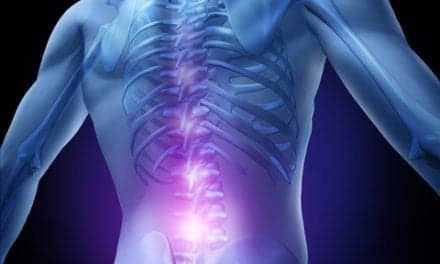New research from the University of South Florida (USF) shows that the integrity of the blood-brain barrier (BBB) after an ischemic stroke can be impaired in cerebral areas distant from initial ischemic insult, which can lead to chronic post-stroke deficits. The condition is known as diaschisis. In experiments using laboratory rats modeling ischemic stroke, USF researchers studied the consequences of the compromised BBB at the chronic post-stroke stage. The findings of the study are published in the Journal of Comparative Neurology.
The research team observed injury not only in the primary area of the stroke, but also in remote areas, where persistent BBB damage could cause chronic loss of competence. Lead author of the study Svitlana Garbuzova-Davis, PhD, explains, “Our results showed that the compromised BBB integrity detected in post-ischemic rat cerebral hemisphere capillaries — both ipsilateral and contralateral to initial stroke insult — might indicate chronic diaschisis.”
Garbuzova-Davis adds, “Widespread microvascular damage caused by endothelial cell impairment could aggravate neuronal deterioration. For this reason, chronic diaschisis poses as a therapeutic target for stroke.” The primary focus for therapy development could possibly be restoring endothelial and/or astrocytic integrity towards BBB repair, which may be “beneficial for many chronic stroke patients,” according to the senior authors of the study.
The researchers also recommend that cell therapy might be used to replace damaged endothelial cells. Garbuzova-Davis states, “A combination of cell therapy and the inhibition of inflammatory factors crossing the blood-brain barrier may be a beneficial treatment for stroke.”
Overall, Garbuzova-Davis says, “Following ischemic stroke, the pathological changes in remote areas of the brain likely contribute to chronic deficits. These changes are often related to the loss of integrity of the BBB, a condition that should be considered in the development of strategies for treating stroke and its long-term effects.”
[Source: University of South Florida]





